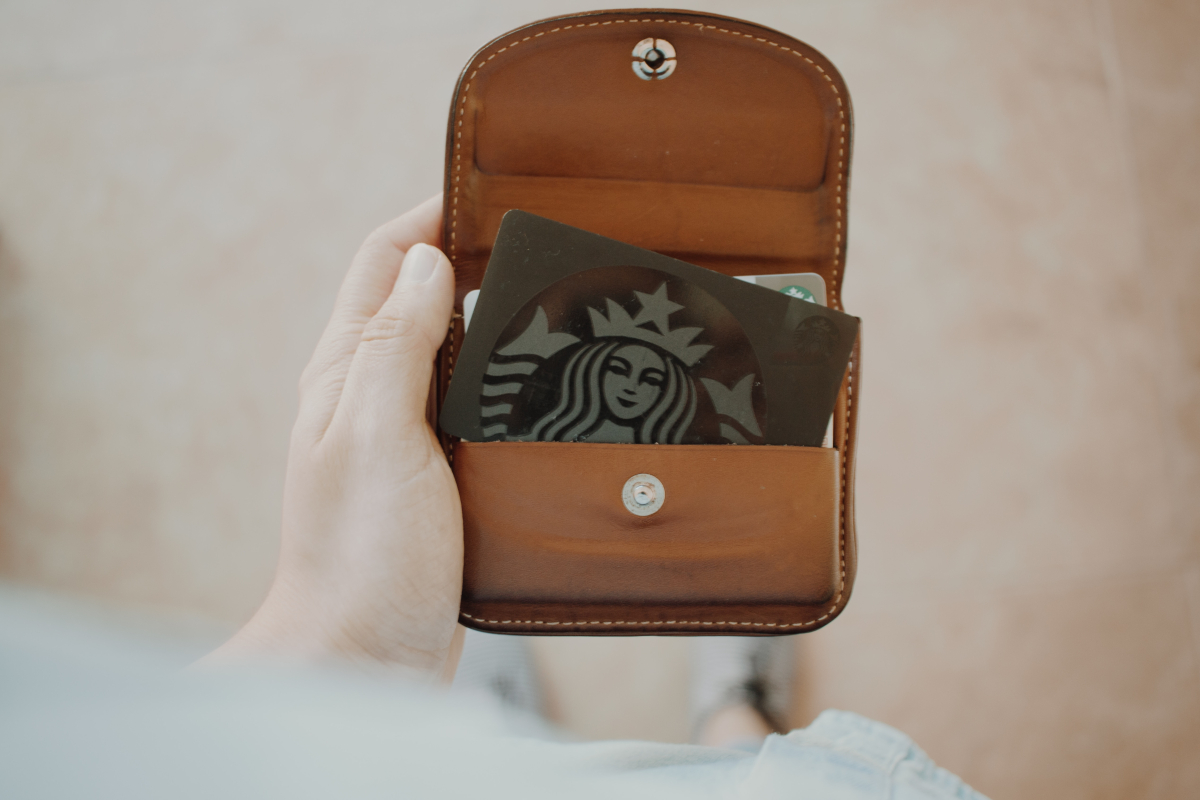The vicious circle of customer loyalty

In a study published in the Journal of Marketing, my co-authors and I analyzed data from over 7,500 consultations with customers in the retail sector, including car dealerships, furniture outlets, jewelers, and fashion stores. Our results show that loyal core customers receive discounts of around five percent more than first-time or occasional customers.
Why is that? There are two reasons why loyal customers enjoy particularly large discounts. Firstly, these customers are often tougher negotiators because they are aware of their value to the relevant supplier and want to see their loyalty rewarded. Secondly, sales advisors are very quick to toe the line and give special discounts to loyal customers to ensure they stay true to the company.
From the perspective of the sales advisor, this makes perfect sense. From the company’s perspective, however, it triggers a disastrous downward spiral. Loyal customers receive discounts that bind them even closer to the company. As a result, they are then given even greater discounts on subsequent purchases. This creates a vicious circle in which customers become increasingly loyal over time, but also end up paying lower and lower prices.
Companies that want to break out of this vicious circle must train their sales staff specifically for negotiations with loyal-but-demanding customers. There are three simple strategies that are useful here:
1. Reward customer loyalty with special treatment
In the first instance, loyal customers want discounts as a reward for that loyalty. The key here is to reward these customers in other less expensive ways. As our study shows, very attentive customer support is beneficial in and of itself. Take an interest in customers and their requirements. Speak to them about private and personal matters. Praise and flatter them. Do that, and loyal customers will feel less need for discounts.
2. Delegate price negotiations “upward”
Discounts tend to be particularly high in cases in which the customer and sales advisor have known each other for a long time, because the advisor will drop the price much more readily. To counter this, sales advisors can be told to discuss any discounts (or ones beyond a certain limit) with their manager. This reins in the advisors’ tendency to hand out discounts too readily while also preventing them losing face with customers.
3. Focus on quality
Loyal customers haggle less intensively if they believe a provider represents high-quality standards. Emphasize the excellence of your products and services, and avoid gaining the image of a low-cost, budget company that attracts customers with discounts.
The original study was published as Wieseke, Jan, Sascha Alavi, and Johannes Habel (2014): “Willing to Pay More, Eager to Pay Less: The Role of Customer Loyalty in Price Negotiations”, Journal of Marketing, 78 (6), 17-37.
